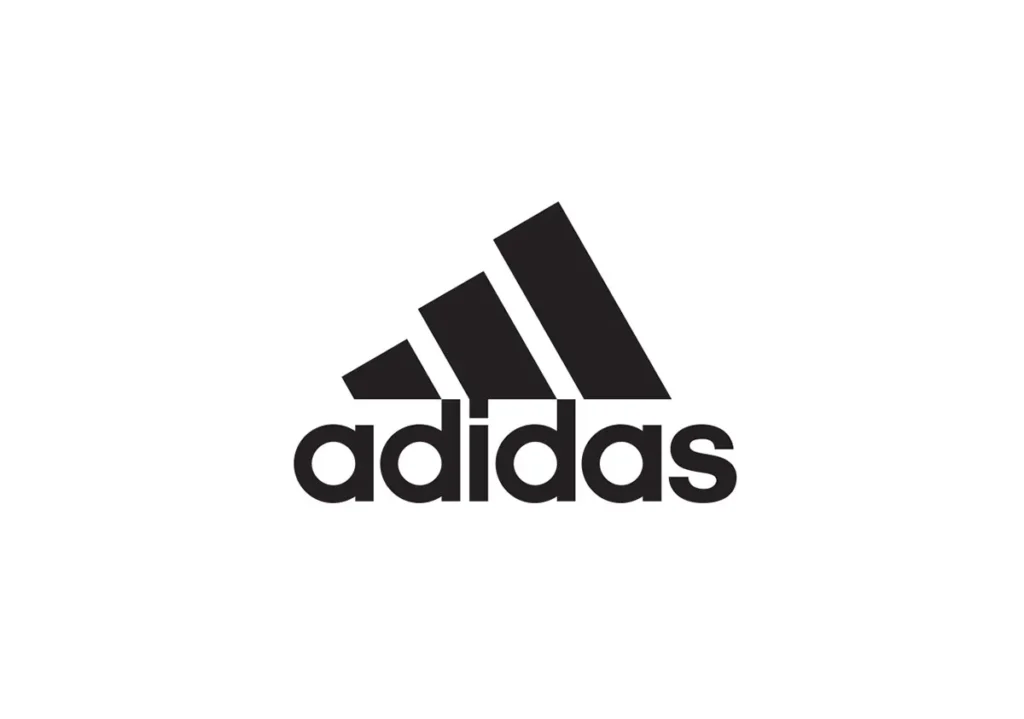Written by Ronsiya Roy, Legal Intern, and Verified by Sunil Jose, Managing Attorney, Suns Legal.
ADIDAS A G v. KESHAV H TULSIANI & ORS ( CS(COMM) 582/2018, I.A. 14215/2019, I.A. 334/2020)
Introduction
Many of us buy a product thinking it’s from a reputable brand, only to find out it’s from a local business with a similar name or logo. Recently, Adidas AG, the global giant in the sportswear industry, approached the Delhi High Court to safeguard the rights associated with the use of their distinctive trademark ‘Adidas’ and to prevent a similar business with an identical trademark ‘ADIDAS’ from taking advantage of the reputation the company has built over the years.
Facts
The founder of the plaintiff company, Mr. Adolf Dassler, also known as “Adi,” coined the mark “Adidas” by combining his name “Adi” with the first three letters of his surname “Das.” The company commenced the commercial use of the mark in 1949. The company obtained a license in 1989 to conduct commercial trade in India through M/s Bata India Private Ltd. In 1954, the plaintiff registered the trademark “Adidas” in numerous countries. The mark “ADIDAS” was registered in India by its predecessor in 1971. The plaintiff, aggrieved by the defendant’s use of the term “ADIDAS” to refer to their textile business, approached the high court.
Plaintiff’s Case
The plaintiff submitted that the defendants used the identical term “ADIDAS” for a similar business with a dishonest intention. They contended that they opposed the defendant’s trademark application in 1992. However, the Registrar rejected the opposition. Nonetheless, the Bombay High Court stayed the registrar’s action and, in 2002, sent the case back for de novo consideration of the opposition. While they awaited the hearing date for further consideration, they discovered in 2010 that the defendant had registered their trademark. Thereafter, the plaintiff applied to the Intellectual Property Appellate Board (IPAB) to remove the defendant’s trademark from the trademark register. Consequently, the IPAB issued an order in 2018 to remove one of the defendant’s registered marks. They also submitted oppositions to the defendant’s applications for variants of “ADIDAS.” Additionally, the plaintiff asserted that they are prominently recognized in association with the “Adidas” brand as a result of the company’s extensive promotion and endorsement of celebrities in a variety of sports and music.
Defendant’s Case
The defendant claimed they adopted the trademark “ADIDAS” with a bona fide intention. They claimed further that the term ‘ADI’ means elder sister and ‘DAS’ means devotee and the rationale behind choosing the trademark was the personal affection and admiration the defendant held for his sister. They also claimed they have been using the mark “ADIDAS” in India since 1987 and registered it in 2006. They argued that the plaintiff didn’t sue for infringement until 2011, even though they knew about their trademark use since 1987. They alleged that the plaintiff’s inaction for two decades indicated implied consent. The defence argued that delay, estoppel, acquiescence, and waiver prohibited the plaintiff’s claim. They further claimed that their mark uses all capital letters, unlike the plaintiff’s lowercase characters, eliminating consumer misunderstanding.
Court’s Decision
The Delhi High Court ruled in favour of “Adidas” while deciding the issue of trademark infringement. The court observed that the defendant’s business involved textiles under Class 24, and the plaintiff’s business included readymade garments under Class 25. Thus, the court held that the defendant’s use of a similar mark could confuse consumers, and the defendant infringed the trademark as per section 29(2)(a) of the Trademark Act, 1999.
The claim that the plaintiff shall be barred by delay, acquiescence, and laches was decided in favour of the plaintiff. The court examined the chronology of events from 1982 till the present suit and learned that the plaintiff had tried to oppose the trademark registration as soon as they became aware. Hence, the court acknowledged the attempts of the plaintiff to safeguard their trademark rights and ruled in the plaintiff’s favour.
Further, the court held that the defendant failed to establish their prior use of the mark. The plaintiffs established that they had adopted the trademark and registered it in 1971 before the defendant registered their business.
The court granted the permanent injunction in favor of the plaintiff and directed the defendant to pay Rs.3,00,000/- as nominal damages and Rs. 11,22,060/- as litigation cost to the plaintiff.
Conclusion
This case upholds the true intention of the trademark act, which is to protect the intellectual property rights of rightful owners. The act aims to prevent similar businesses from misusing the reputation of widely known brands by adopting identical trademarks. The Delhi High Court held that any delay in filing a trademark infringement suit doesn’t necessarily imply consent to use the mark. The court also highlighted that a company adopting its trademark must not conflict with other registered trademarks, even if the mark was chosen with a personal connection.

